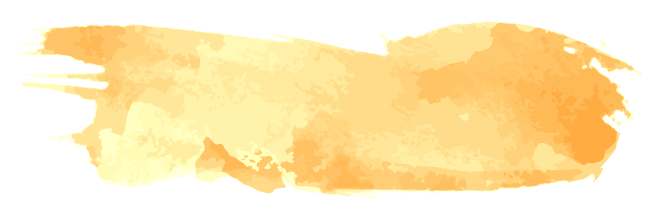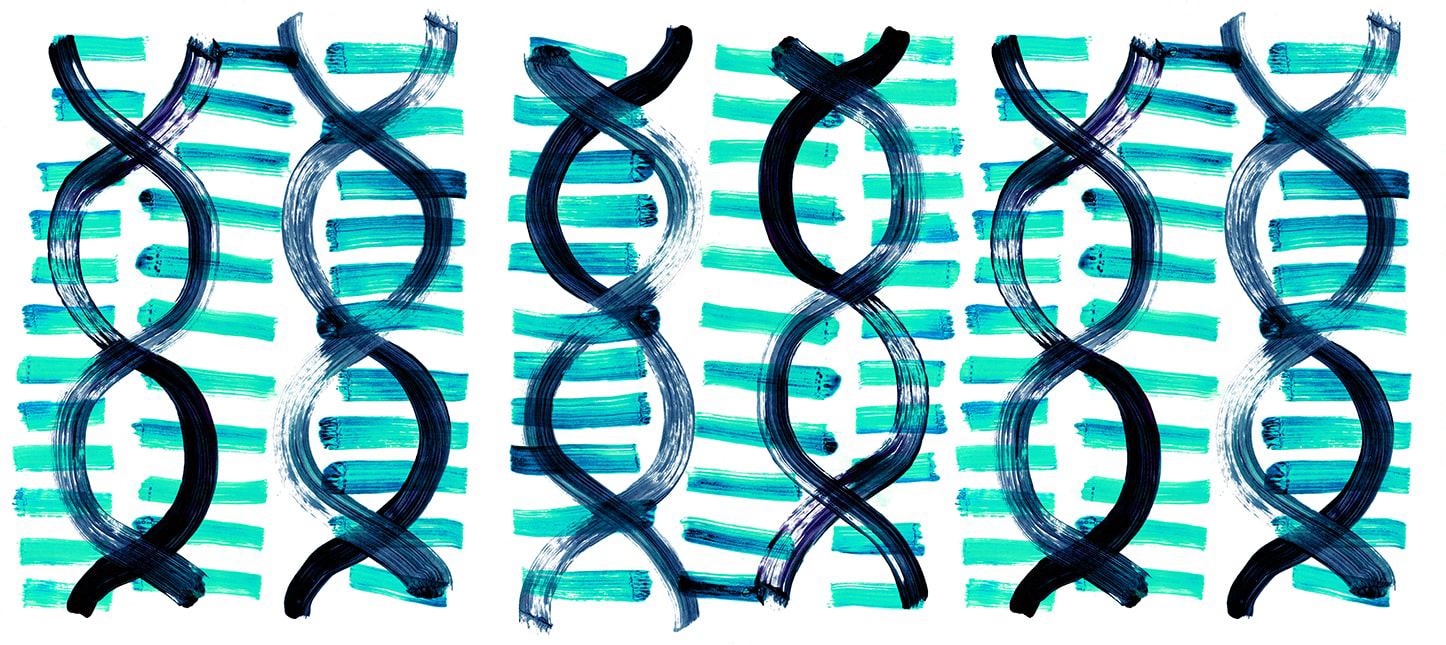
About Embracing BRCA
A platform designed to help you understand more about BRCA gene mutations and its link to hereditary breast, ovarian, and prostate cancer.

A platform designed to help you understand more about BRCA gene mutations and its link to hereditary breast, ovarian, and prostate cancer.

Genes are sections of our DNA that contain information which makes up each of us - our features and traits. This is why each and every one of us is unique just the way we are. Our genes are passed down to us from our parents when we are born. In the same way, we pass them down to our children. 1



Did you know breast, ovarian, and prostate cancer can be inherited?
Learn more
Fact:
Knowing your BRCA status can help you make informed decisions about your treatment options, especially if you have cancer. In some cases, you may qualify for targeted therapies specific to your type of cancer. Additionally, it can inform your family members of their risk of developing cancer.
Fact:
Fact: Family history isn’t always a reliable predictor of either cancer risk or the presence of a BRCA mutation. In fact, a Malaysian study called the MAGIC study revealed that over half of ovarian cancer patients with BRCA mutations lacked a family history. This underscores the importance of BRCA testing, as it remains the only definitive way to confirm the presence of these mutations.
Fact:
Age is not a predictor of whether a person has BRCA mutations for some cancers. In fact, a study conducted in Malaysia called the MaGiC study showed that there’s no correlation between age of diagnosis and the probability of carrying a BRCA mutation for ovarian cancer patients. For some cancers, regardless of the age of diagnosis or family history, it is never too late to get BRCA tested. 2-5
Fact:
Some cancers, like prostate and pancreatic cancer in men, can be linked to BRCA mutations. Men can also develop breast cancer and pass on BRCA mutations to their children. Understanding your BRCA status can therefore inform family members about their own cancer risk.
–– George Bellows ––
If you are interested to know more about BRCA genetic test, consult a genetic counselor for more information.